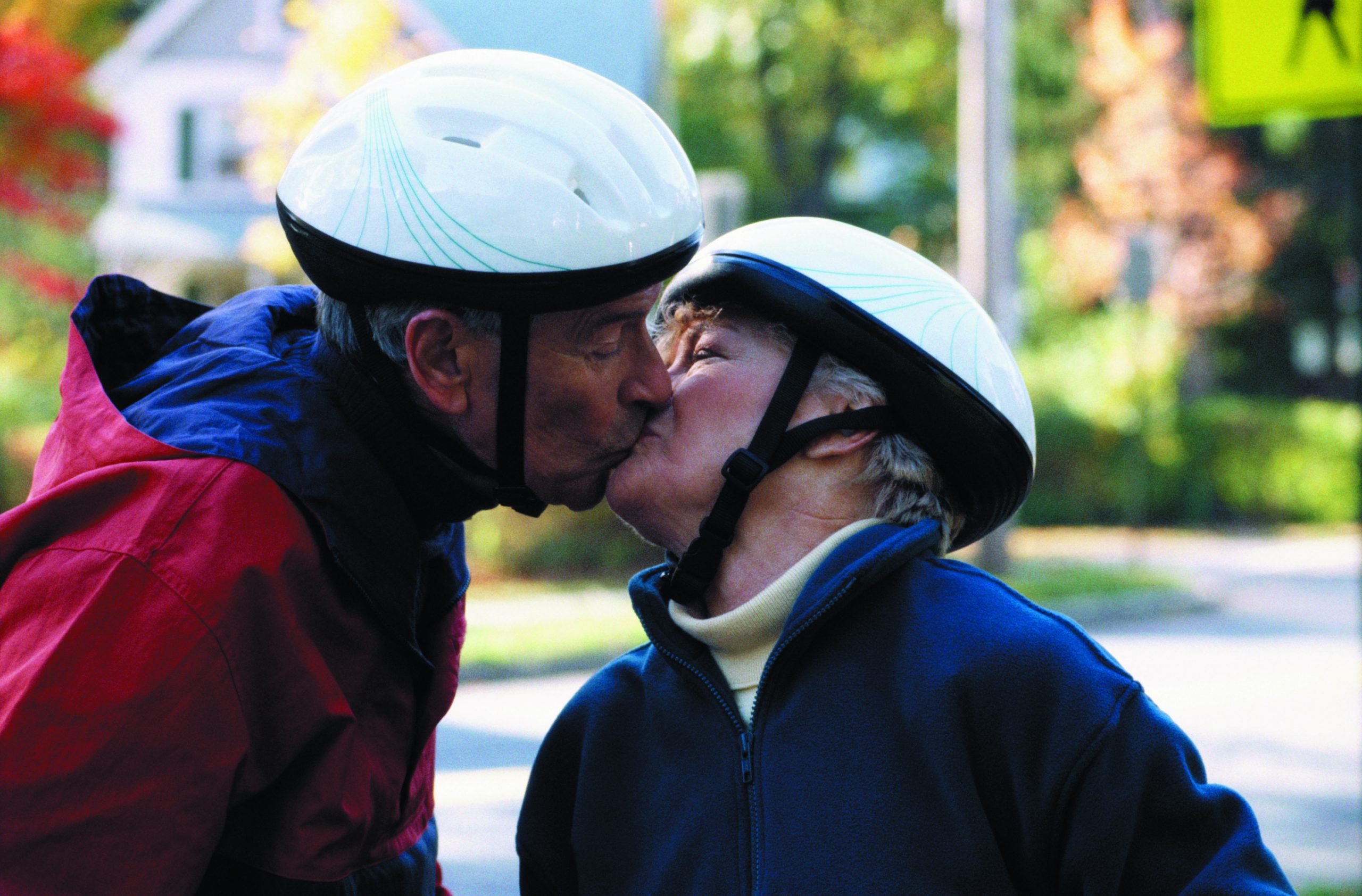Elizabeth A. Dorn, M.S.N., C.R.N.P
We left off last month discussing ways to age in a positive, healthy manner. Exercise and nutrition are the primary determinants of healthy aging, but there are other way to help you age in a positive manner. As I describe these, you’ll see how interrelated they are.
Mental/cognitive well being is an important determinant for successful healthy aging. Included in this category are age self-awareness, outlook/attitude, lifelong learning, and faith. Examples of self awareness include setting boundaries for yourself and not spending time on activities that deplete you, such as endless social media scrolling or working (paid or unpaid) long hours. Recognize habits that are not constructive (binge-watching a TV show until the wee hours of the morning) and establish a routine that includes both watching what’s enjoyable AND getting sufficient sleep. Outlook/attitude tie into self-awareness in the establishment of behaviors geared toward a positive future, whether that be preparing for a trip to a desired destination or preparing for the afterlife, rather than “awaiting death.” Faith has been shown to support stability as well as increase motivation, both of which support a good outlook towards life as we age and may develop illnesses. Lifelong learning (e.g. reading, taking up a new hobby, or learning a new language) has been identified in numerous studies as important in healthy aging, particularly in the field of technology. Not only does this learning help with our ability to connect with others but helps improve our cognitive function as we age.
Social well-being is important to successful healthy aging, which includes social support, financial security, and community engagement. Social support refers to establishing relationships and building rapport with family members and acquaintances, including caregivers. Community engagement includes volunteering and religious gatherings, such as participating in church activities and feeling involved in one’s neighborhood or town. Whether it be chairing the synagogue’s bake sale or organizing the neighborhood block party, activities such as this give one a sense of purpose, which is of utmost importance to aging in a positive manner. Financial security has been defined as being able to maintain a good quality of life and/or not having to be a financial burden to family. Having access and the ability to afford proper care as one ages is an important factor in healthy aging.
It’s a myth to portray older people as passive recipients of social or health services. Independence refers to one’s physical ability to be self-reliant and is an important determinant of healthy aging. Successful, positive aging is an ongoing process of establishing goals, seeking out opportunities to maintain and improve physical and mental health, evaluating behaviors and adopting changes when necessary to maintain independence and quality of life throughout the course of life. One needs to be open to the fact that, as we advance in years, we may need to make certain adjustments to maintain a safe environment (removing throw rugs, refrain from driving) and ensure our emotional well-being (improve our connections with family members and/or neighbors). It’s also important to remember that positive thinking can affect how one ages, as has been demonstrated by multiple recent studies amongst older adults. Having a positive attitude toward aging can buffer our reactions to stress and improve our overall resilience, helping older adults “bounce back” and cope with stressful events, such as the loss of a spouse, illness or disability. It may sound trite, but positivity has been demonstrated in numerous studies to improve cognition, enhance walking speed, and even live longer. To maintain positivity, consider these tips:
• Stay social with friends and family, but be open to making new friends who share your interests (or introduce new ones!)
• Pay it forward by considering volunteering time to a cause that’s important to you, such as engaging in a community food drive or mentoring young people
• Be physically and mentally active by engaging in aerobic as well as mentally challenging activities, such as by attending a fitness class and an informative lecture on a key issue in your community
• Fight stress by walking outside, eating healthfully, and meditating.


